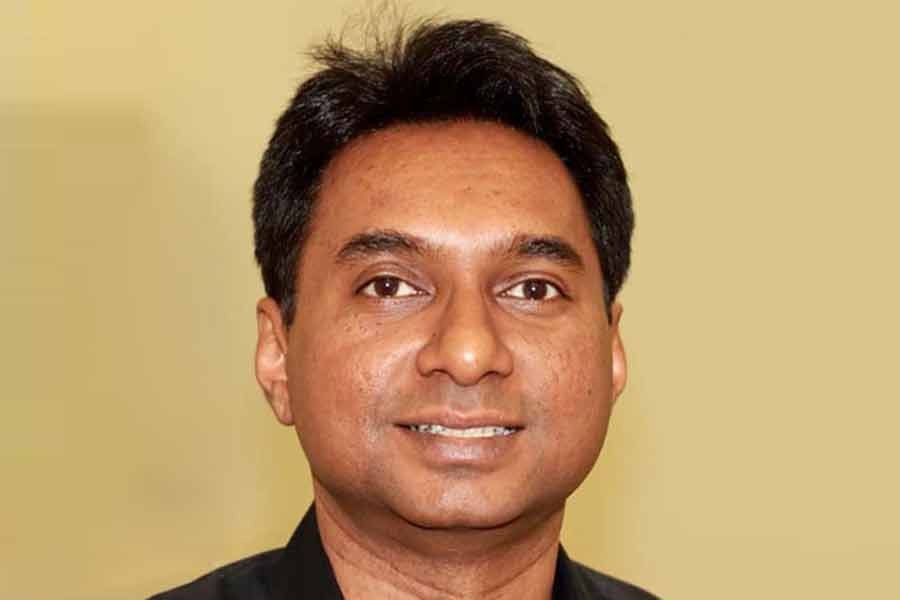Executive Director of the South Asian Network for Economic Modeling (SANEM) Dr Selim Raihan has said the proposed national budget has failed to make a proper assessment of the impact of the COVID-19 pandemic.
“Issues of poverty, job market, SME sector and vaccination against COVID-19 have been underestimated in the budget, which would lead to limitations in formulating policies,” Selim Raihan said at a virtual press conference.
Research Director of SANEM Dr Sayema Haque Bidisha also spoke at the event to present the think-tank’s reaction to the fiscal 2021-22 budget placed in parliament on Thursday, reports UNB.
Dr Selim, a professor of Dhaka University’s economics department, said, “If the policymakers remain in their comfort zone during such a crisis, then they will not feel the need to create and implement appropriate policies.”
He said the policymakers should put stress on social recovery along with financial recovery. The professor mentioned that recovery of the education sector, health sector, social security, poverty and inequality needs to be addressed.
“In brief, the solutions presented (in the budget) seem to be on an ad-hoc basis, rather than overall planning in regards to the COVID-19 crisis.”
Dr Raihan further states that budget implementation is a major issue. Although the budget has three stages, there is always little discussion about the revised and actual budgets later in the year.
From SANEM’s research it has been found that for the past 10-12 years, the proportion of the proposed budget that is actually spending is around 75-78 per cent.
Expenditure on public health, education and social protection are currently accounted for very small portions of GDP, which does not align with international SDG norms.
Ideally, these expenditures should be doubled to achieve SDGs, however, it would be impossible if the budget is only around 17.5 per cent of GDP.
He said that the revenue-GDP ratio (11.3 per cent) seems to be unrealistic and historically high for the upcoming fiscal year, as per our current situation, and needs to be toned down.
“Most notably, there is no mention of the ‘new poor’ and inaccuracies in the lists of ‘old poor’ and ‘non-poor' – which would lead to issues in providing support to these groups.”
He thanked the finance minister for prioritising the vital sectors. But the "roadmap" on how the budget will be implemented in these priority sectors is missing, he said.
Dr Sayema, also a teacher at Dhaka University Economics Department, welcomed the increased allocations in social security and health sectors as positive.
“The budget is, overall, business-friendly which is positive and there is a visible effort in reviving the economy.”
However, she said it is not clear how much the general public, the low-income people and the middle class will benefit from the efforts made to boost businesses.


